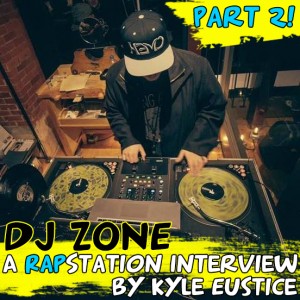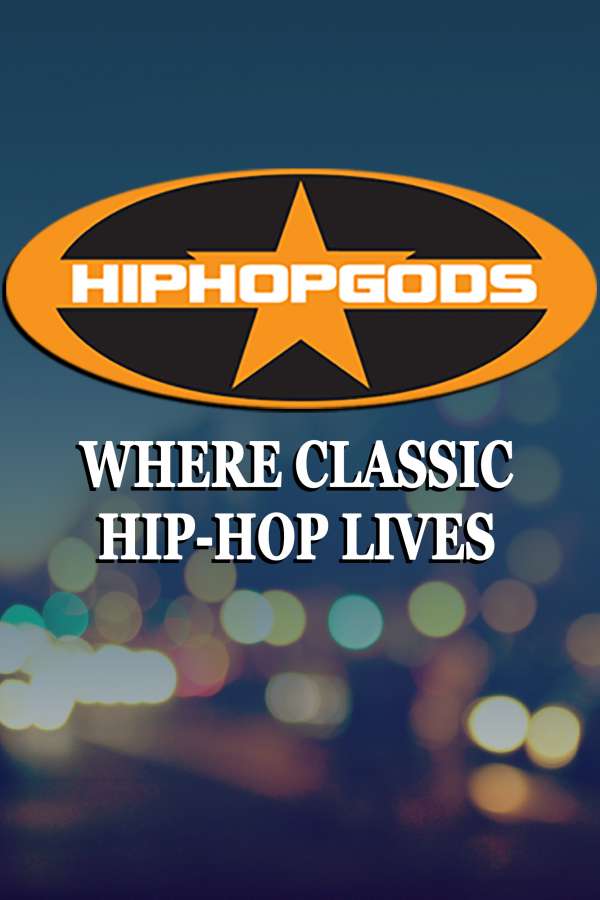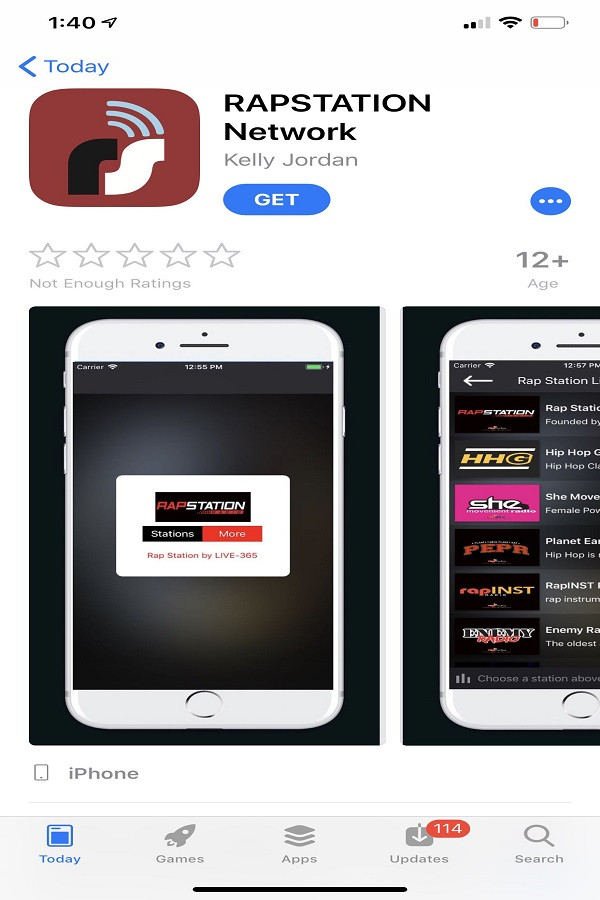
Patrick Lorenz, otherwise known as DJ Zone, is having one of the best years of his life. Not only did he jump on a giant tour with Macklemore and Ryan Lewis, but he also earned a spot on tour with indie hip-hop demigod Aesop Rock. In Part I of the DJ Zone interview, we were introduced to an ambitious turntablist with an unwavering passion for his craft. In Part II, he dives into about touring with Aesop, playing overseas and what’s next.
How did you end up on Aesop Rock’s tour?
I first met Aesop around the same time, actually DJing for Grayskul, too. We were opening up for him and we ended up clicking on magic, music and stuff. I showed everyone some magic one day and it blew everyone away. About four years ago, I was on tour with The Chicharones opening for Streetlight Manifesto and Onry from Grayskul was opening up for Aesop with his group with Zavala, Dark Time Sunshine. We happened to have an overlapping couple days in Orlando when they were filming a video for DTS's song “Take My Hand” featuring Swamburger and Aesop. Since Aesop's verse was about cards and magic, they asked me if I wanted to be in it, so I came down with Sleep and did a bunch of card stuff for them. Got to talking to Aes and he mentioned he was toying with the idea of moving to Portland. A year or so later, he hit me up to do some more card work in his video “Jonathan” for his project Hail Mary Mallon with Rob Sonic. That's when he started hinting at the idea of needing a DJ, and then asked me if I wanted to do the scratching for The Impossible Kid.
This is clearly a big year for you. Did you ever anticipate this growing out of your love for music?
Never anything on this scale. I've always just loved music—listening to it, making it, performing live. I've been doing it as my main career for about 10 years now, but have always viewed the kind of music I'm into as a niche market that didn't appeal to a mass audience. Having the ability to showcase turntablism to as wide of an audience as I have was never even a possibility in my mind.
What's the difference between playing in the States vs. overseas?
Honestly, I haven't seen much of a difference other than aesthetically within the specific country/culture. People are people wherever you go. Music is universal, and brings out the same emotions and feelings in people wherever you go. Luckily, what I do on the turntables is fairly similar in any language. Talking to a crowd that doesn't speak English can be a challenge though. We've done shows where people seemed to be into the music, but when we tried to banter in between songs we'd get no response with things that normally would. We took it as them not liking us, until we realized that the majority of the audience doesn't speak English, so they legitimately didn't know what we're saying [laughs].
You've done so much. What's next?
I honestly feel like I'm just getting started. I'm just going to continue doing what I've always done, making music and then performing it live—rinse and repeat until I literally can't do it anymore.
Do you see this being a sustainable career in the long run?
If you'd asked me that question five or 10 years ago, I'd probably be more doubtful, but it's becoming more of a realistic goal every day. The music industry seems to be leveling out and craving substance again, making the underground hip-hop scene more relevant than ever. If people like Macklemore, Aesop Rock, Tech N9ne, Atmosphere, Mos Def, Brother Ali, OFWGKTA, Sage Francis and many, many more are any indication, it's a career that can be achieved and sustained without ever compromising your art form.
What's the best and worst part about being on the road?
Worst part is lack of sleep and missing friends and family back home. The best part is seeing friends and family all over the world and meeting new ones.
What are some of your favorite records?
Man, that's too tough of a question to answer. Especially being a DJ because I literally listen to everything I can—from Brahms to Radiohead, Coltrane to Wu-Tang and everything in between [laughs].
What does the music you make mean to you on a personal level?
I consider every song to be a picture. It’s a snapshot of a specific moment in time, except you're capturing emotions instead of objects. You're stopping time on something as intangible as a feeling, which certainly lends itself to the dual meaning of the word ‘album.’ But I get sentimental over sounds, lyrics, instruments, and hooks the way most people seem to get sentimental over images.
By Kyle Eustice for RAPstation.com

